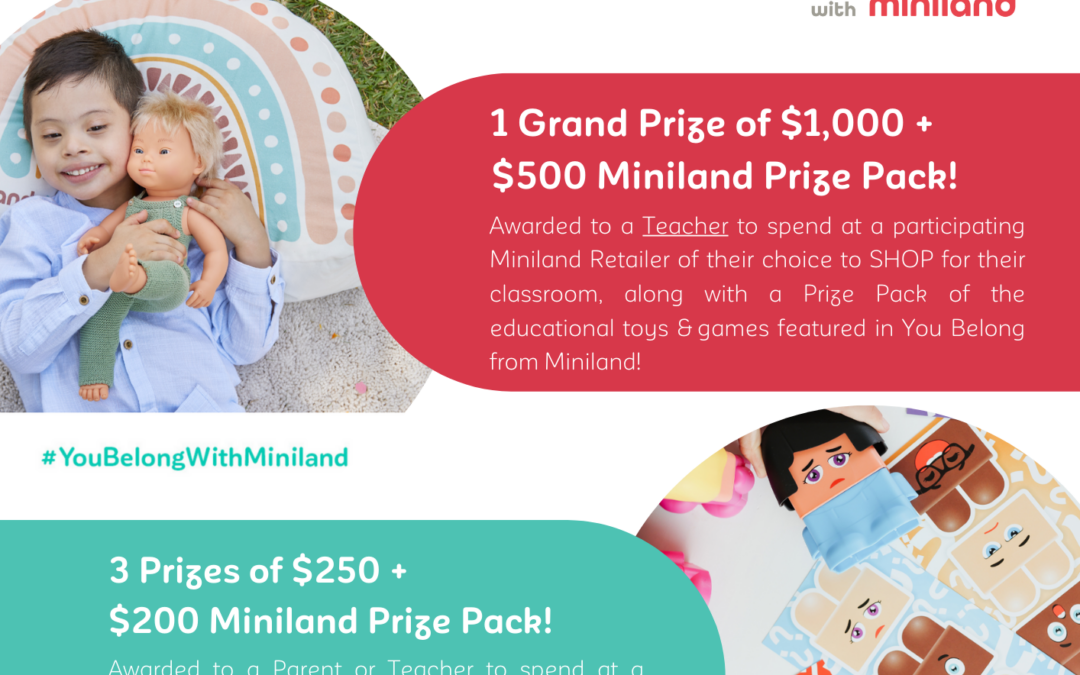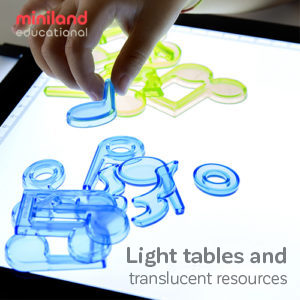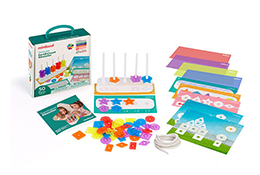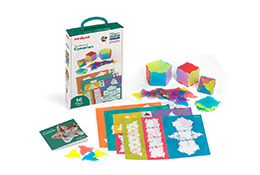Plus, enter our You Belong Giveaway TODAY!
In addition to equipping your children and/or students with Social Emotional Learning tools to foster acceptance, respect in others, and the skills they need to self-regulate their emotions, we can’t forget OURSELVES.
Our You Belong Campaign goes beyond important messages and tips to help you create an open and accepting environment. It’s also about providing you with some tips about what you’ll need to help the children around you model your behavior.
According to YaleMedicine.org, everyone from children to adults is highly anxious post pandemic, and have “more anxiety than ever before in the modern world.”
People don’t take emotional intelligence seriously when things are calm and relaxed. But when things become very overloaded whether its stressful environments, sensory overload, changes in routine or big changes at home, then people start taking emotional intelligence more seriously.
Educating children from a young age about self-regulation, acceptance, coping strategies and respect helps equip them with strategies and innate skills they will inherently use as they grow into adulthood.
How can adults help children with emotional intelligence?
As the adults in these young children’s lives, parents, caregivers and teachers are equally the best role models for them.
Providing the children in your life with the right toys and tools to educate them is already a huge step in the right direction. But, we can’t forget that adults need to work on themselves too.
As the article states, “if you are feeling highly anxious and stressed out, you need to demonstrate that you can handle your feelings. Take a few deep breaths. Go to another room, if that helps you get yourself together, and use positive self-talk.”
For example, instead of saying “I can’t deal with this right now!” or “nothing EVER works in here” to a child or student as you’re experiencing a stressful episode, try and remember more positive words that children can mirror, such as “right now I’m feeling a little bit overwhelmed because there’s a lot going on (or because xyz isn’t working, or because I just spilled this bucket of crayons, etc.), so I’m going to take a deep breath until I start to feel a little bit better. Isn’t it hard when we start to feel all crazy inside? It’s totally ok to feel that way. We just have to remember to take a biiiig breath and say it’s going to be ok.”
How can we listen better?
Something crucial to keep in mind is to practice our own listening skills. Adults who are raising children or are in charge of their education have a monumental responsibility as role models. These little inquisitive sponges are not only participating in the activities you present to them, but they’re watching your every move, every word, and every action in order to MIRROR it.
Part of that huge responsibility is practicing our listening skills. When a child is acting out or feels overwhelmed or anxious, we need to remember that there is no judgement. For example, as the Yale Article states, “there is no such thing as a bad emotion, including anxiety. Because if anxiety is seen as a bad thing, then kids will adopt that mindset. We need to accept all emotions and use them wisely.”
Adults must remember that validating a child’s feelings is crucial to their development and impacts their reactions to situations for the rest of their lives. A monumental responsibility indeed!
We understand how truly overwhelming it can be, so to further support you as your raise your little ones and educate them at home or in a classroom, AND in honor of our 3rd annual You Belong campaign for inclusivity, we are offering you, our devoted teachers and parents, the opportunity to win awesome prizes that will allow you to continue to encourage and develop those social emotional skills with your students and children.
On our Miniland Instagram page @MinilandUSA, you now have the chance to Enter our You Belong Giveaway and WIN BIG!!!
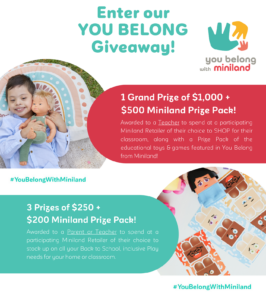
For more inclusive play tips, keep your eye on our Miniland Instagram page and follow our You Belong efforts!
